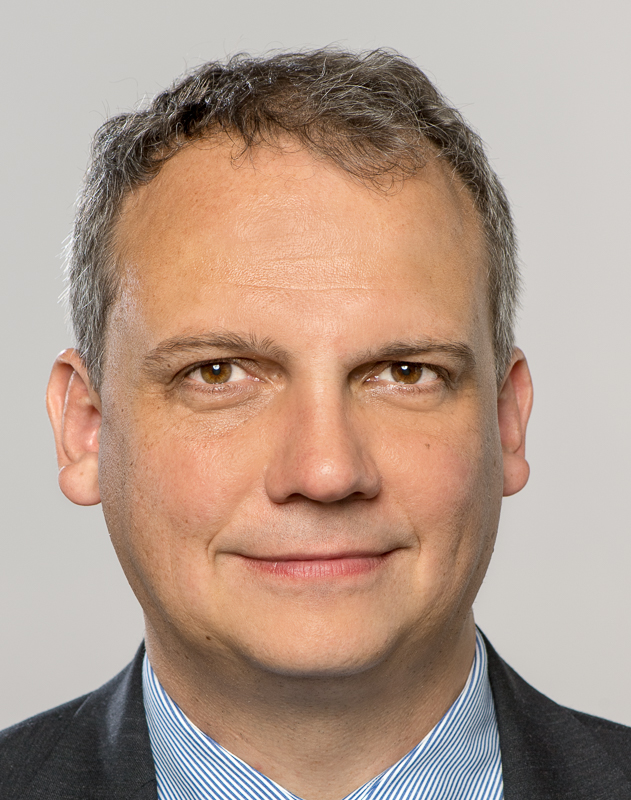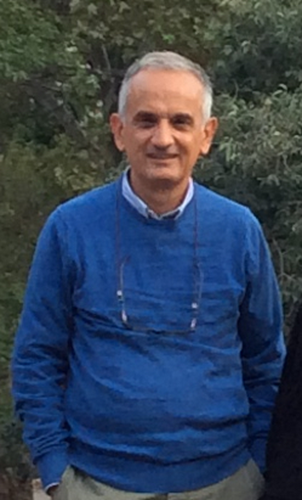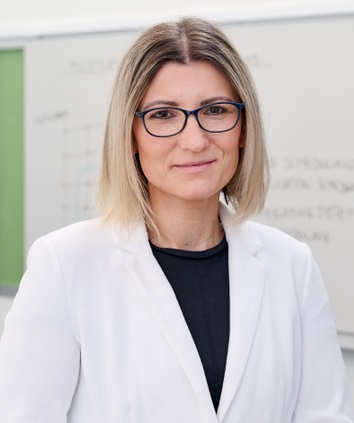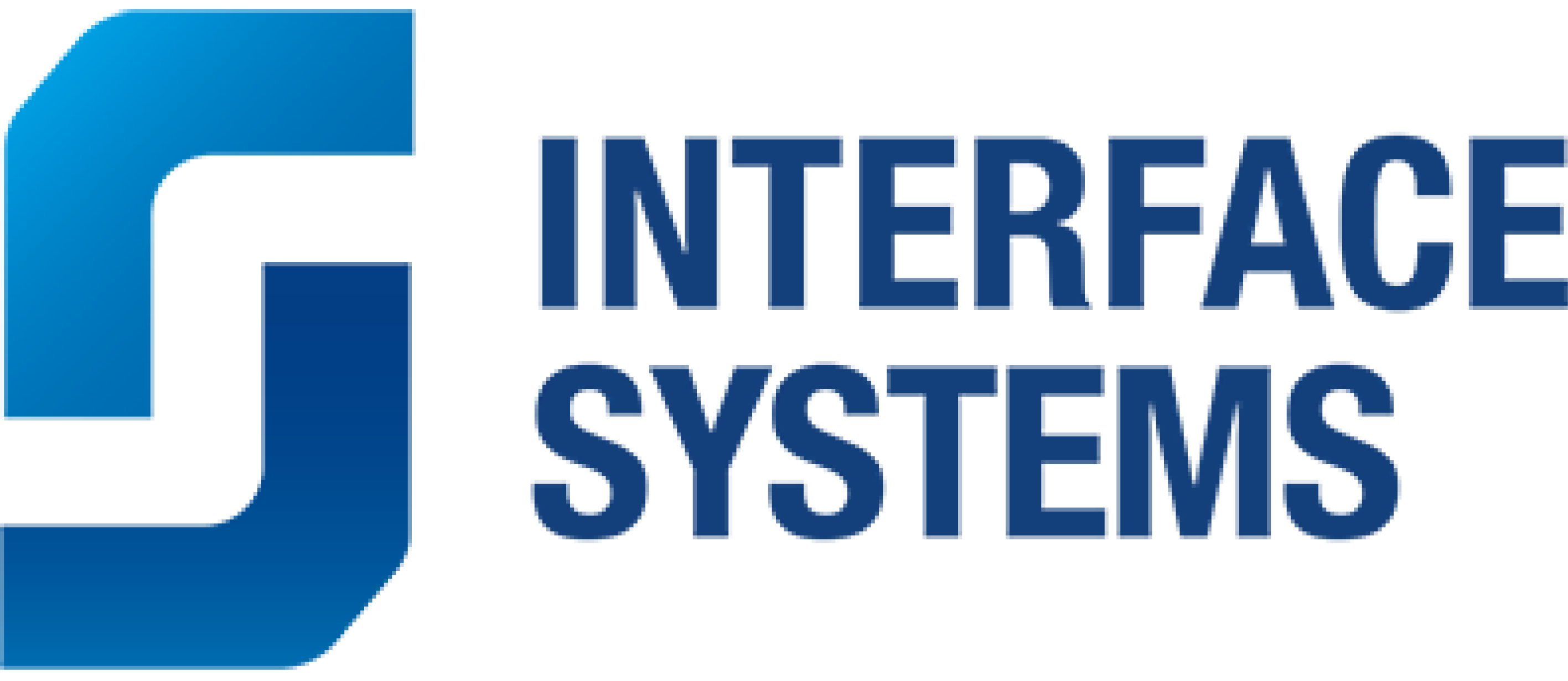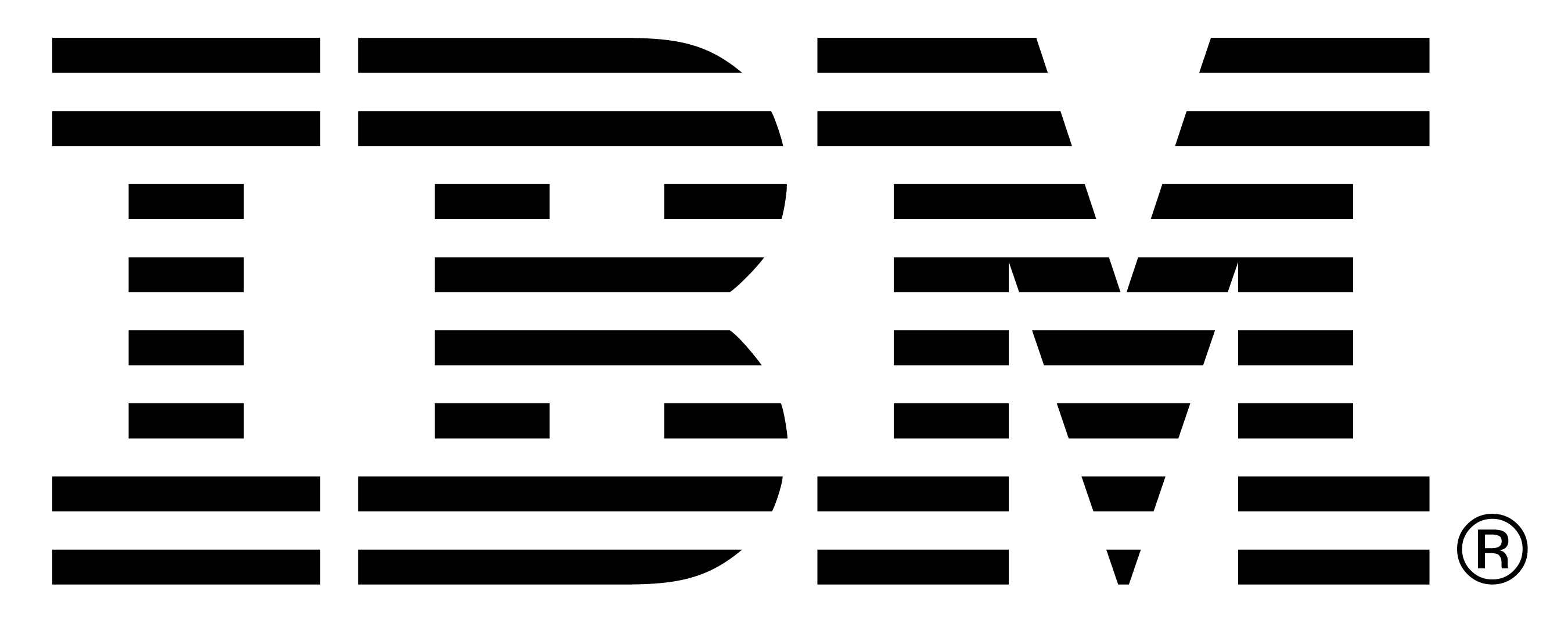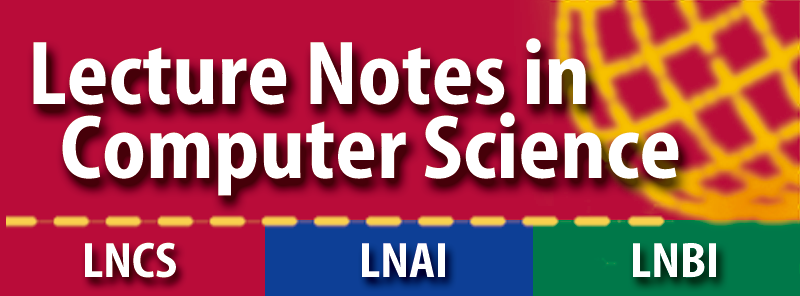Integrating HPC with Quantum Accelerators: Challenges and Opportunities
Martin Schulz, Full Professor and Chair of Computer Architecture and Parallel Systems, Technical University of Munich (TUM), member of the Board of Directors at the Leibniz Supercomputing Centre
Quantum computing is maturing and first installations are now available in HPC centers. Integrating such a novel and radically different technology leads to substantial challenges, for facilities, hardware and software. As part of the Munich Quantum Valley, we have installed several quantum systems at the Leibniz Supercomputing Centre, and we are designing the software stack to tightly couple them to HPC systems. In this talk, I will present the challenges we faced, how we overcame them and provide an overview of the current state of development and the opportunities for HPC-QC going forward.
